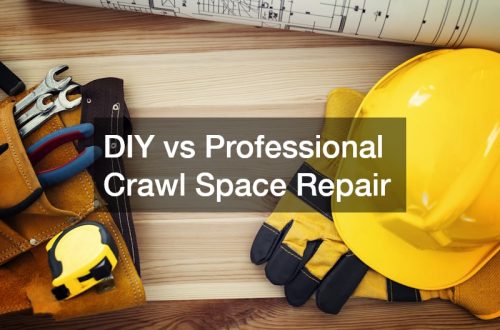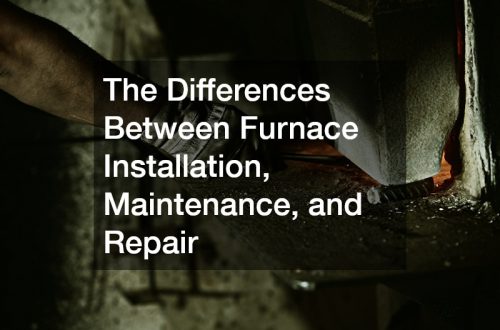
Learning from plumbers about how plumbing systems work can provide valuable insights into the essential functions of your home’s infrastructure. Plumbing systems are composed of two main parts: the water supply system and the drainage system. The water supply system delivers clean water to your home through a network of pipes, fixtures, and fittings.
It operates under pressure to ensure water reaches every fixture, including sinks, showers, and toilets. Key components include the main water line, shut-off valves, and water heaters, which plumbers install and maintain to ensure a steady flow of hot and cold water.
The drainage system is equally crucial, responsible for removing wastewater and sewage from your home. This system relies on gravity to guide waste through a series of pipes, leading to either a septic tank or the municipal sewer line. Components such as drain pipes, vent pipes, and traps prevent sewer gases from entering your living spaces and maintain proper flow. Plumbers are skilled in designing and maintaining these systems to prevent blockages, leaks, and other issues that can lead to significant damage and health hazards.
Plumbers also emphasize the importance of regular maintenance to keep both systems running smoothly. Simple practices like avoiding flushing non-degradable items and regularly inspecting for leaks can prevent major plumbing problems. They also recommend installing water softeners and filtration systems to enhance water quality and protect pipes from corrosion. Understanding these basics from plumbers can help homeowners better manage their plumbing systems, saving time and money on repairs. Regular maintenance and timely interventions ensure the longevity and efficiency of your plumbing, providing peace of mind and a reliable water supply.
.





